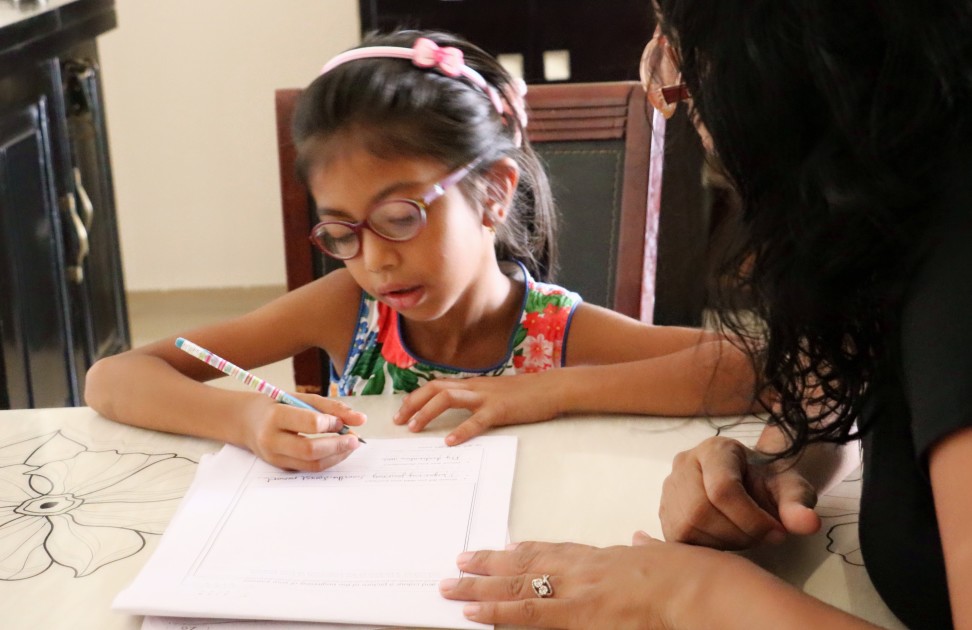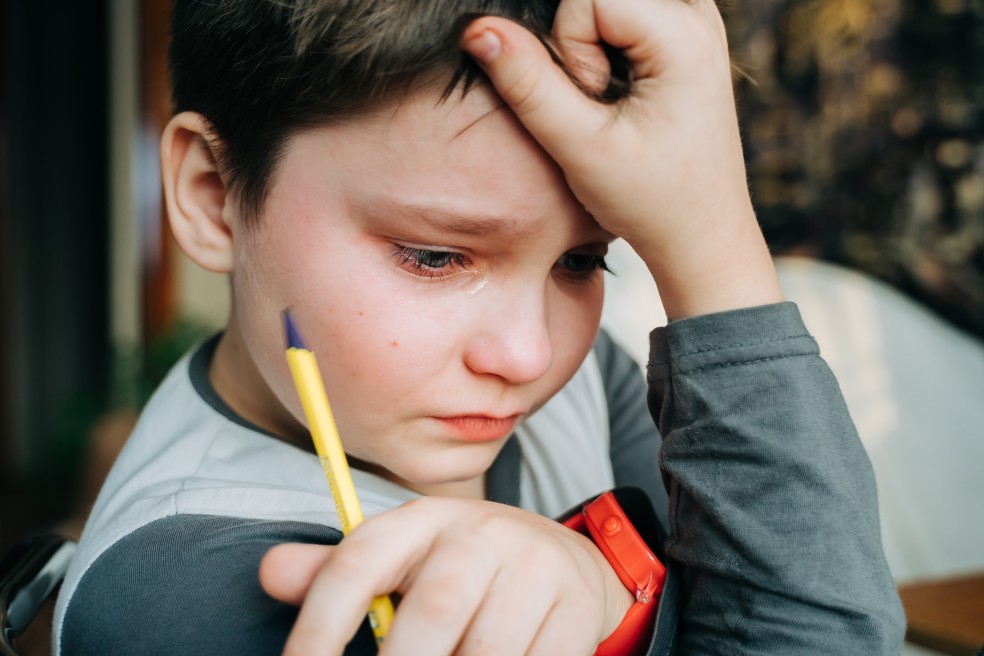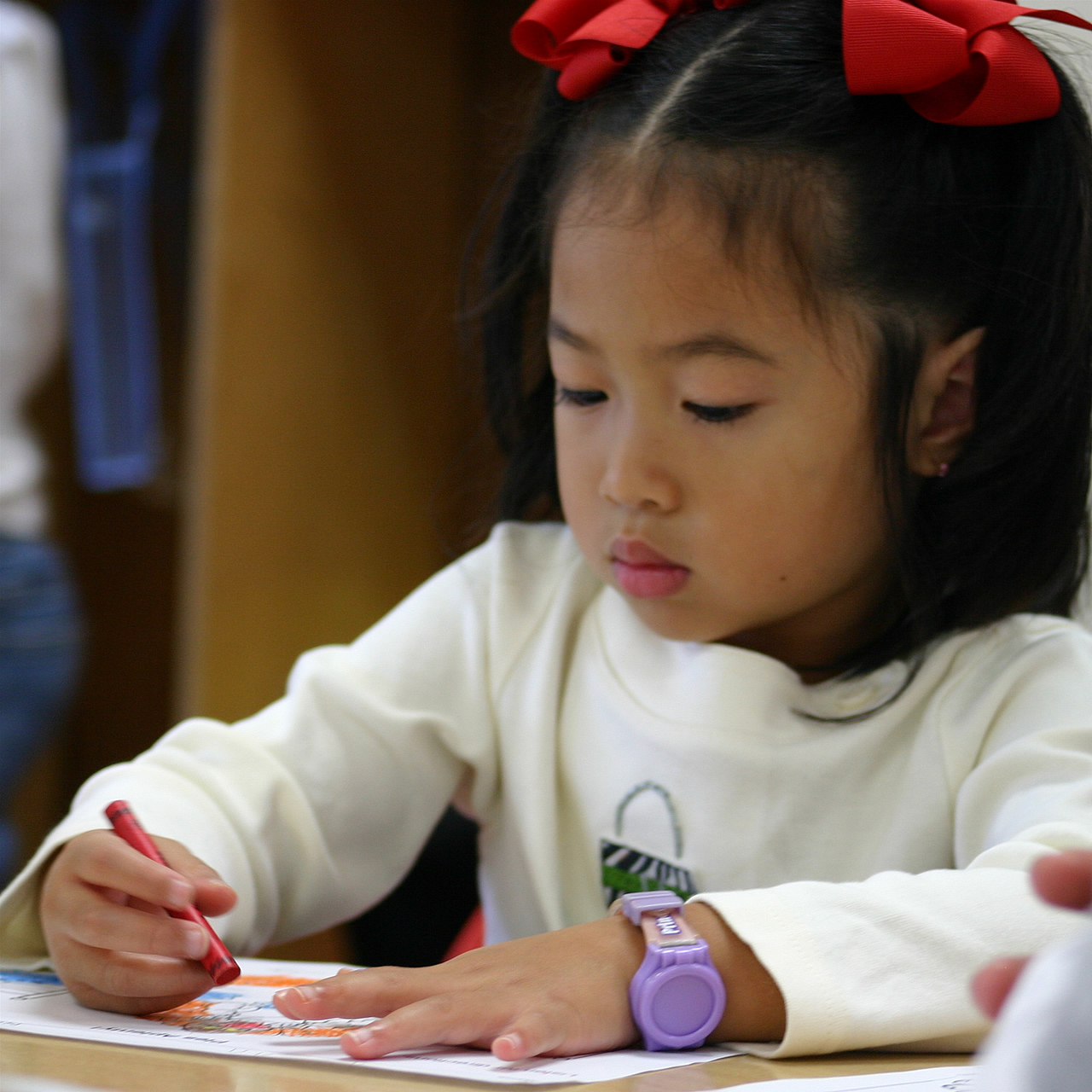 A study on autism’s gender differences, published in the journal Molecular Autism, focused on the language that autistic girls and boys used during semi-structured interviews by exploring social word use. When comparing autistic girls and boys between the ages of 6 and 15 with similar IQs and levels of autism, girls were shown to use far more social words—that is, words that make reference to other people, including family and friends—than their male counterparts. In particular, girls used significantly more words to talk about friends than boys did. Discussion about family was relatively consistent in both groups.
A study on autism’s gender differences, published in the journal Molecular Autism, focused on the language that autistic girls and boys used during semi-structured interviews by exploring social word use. When comparing autistic girls and boys between the ages of 6 and 15 with similar IQs and levels of autism, girls were shown to use far more social words—that is, words that make reference to other people, including family and friends—than their male counterparts. In particular, girls used significantly more words to talk about friends than boys did. Discussion about family was relatively consistent in both groups.
What This Means for Girls with Autism
People may feel that frequently talking about one’s friends doesn’t “fit” with their expectations of autism. Thus, greater awareness of the fact that girls with autism tend to talk about friends more than boys do may be important in ensuring that girls are referred for diagnosis.
Another interesting finding from this study was an observed link between the use of social words and overall social impairment—that is, children who used fewer social words were, on average, more socially impaired. However, when just the girls were examined, this link disappeared.
While the authors note the small sample size and are cautious about drawing too many conclusions from this finding, it does suggest that girls may present very differently during the diagnostic process, especially when it comes to their use of language. Girls who use a higher proportion of social words may still struggle with significant social impairment. Yet because of their overall verbal fluency, they may still be slipping through the diagnostic net.
Well-trained clinicians may still be able to diagnose autism, despite these complexities. As the authors write, “It is important to note that the expert clinicians in our study detected social communication challenges in autistic girls despite elevated levels of social talk, suggesting recognition that using social words is not the same as demonstrating social skills or possessing social understanding.”
But when it comes to parents, teachers, and others who interact with autistic girls, this research highlights how easily symptoms may be missed. The type of language that girls use around their social experience may be covering up the difficulties they are facing.
Girls tend to make greater efforts to mask their symptoms, and many girls and women describe learning from other girls what to talk about and how to say it. Girls, in general, also tend to be more socially driven than boys to make and maintain friendships; this drive may be partly responsible for autistic girls’ greater use of social words.
This illuminating study further underscores not only that the clinical diagnostic process needs to be more aware of the differences between boys and girls; it also suggests that a greater awareness of girls’ use of social language is needed among parents, teachers, and other professionals involved in the care and education of school-age girls.
Excerpted from “Autistic Girls’ Use of Language May Mask Social Difficulties” in Psychology Today. Read the full article online for more details.
View the study: Friend matters: sex differences in social language during autism diagnostic interviews. Molecular Autism 13, 5 (2022).
Source: Psychology Today | Autistic Girls’ Use of Language May Mask Social Difficulties, https://www.psychologytoday.com/us/blog/women-autism-spectrum-disorder/202203/autistic-girls-use-language-may-mask-social-difficulties | © 2022 Sussex Publishers, LLC
If you have concerns about your child or teen, CHC Care Coordinators can arrange a free 30-minute consultation so you can explore options with an expert. We invite you to call or email us at 650.688.3625 or careteam@testing.chconline.org to set up an initial Parent Consultation appointment. CHC teletherapy services are available now.





